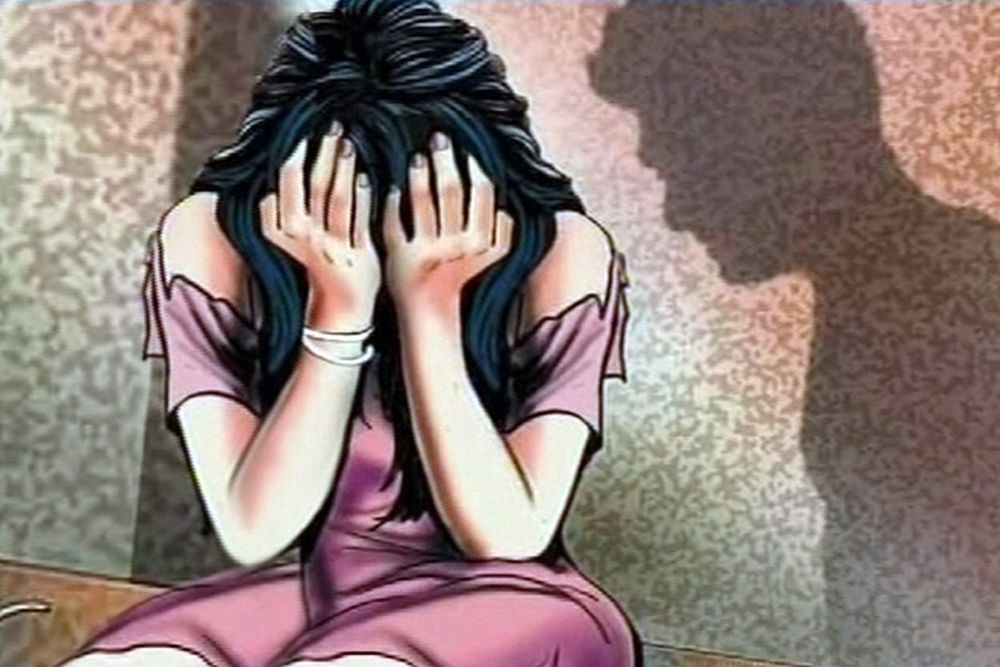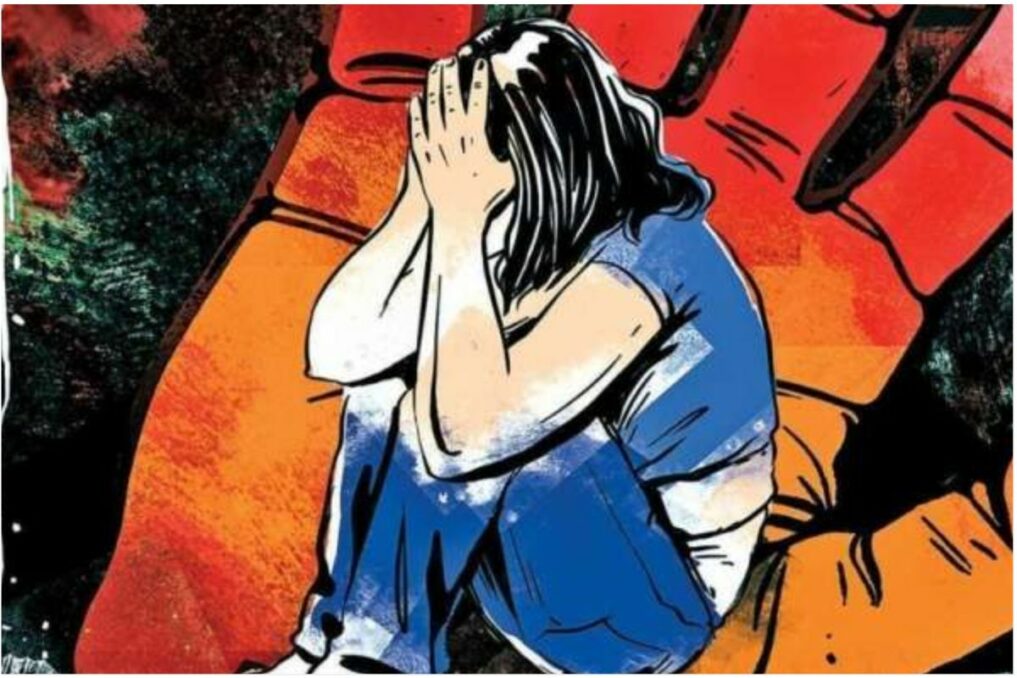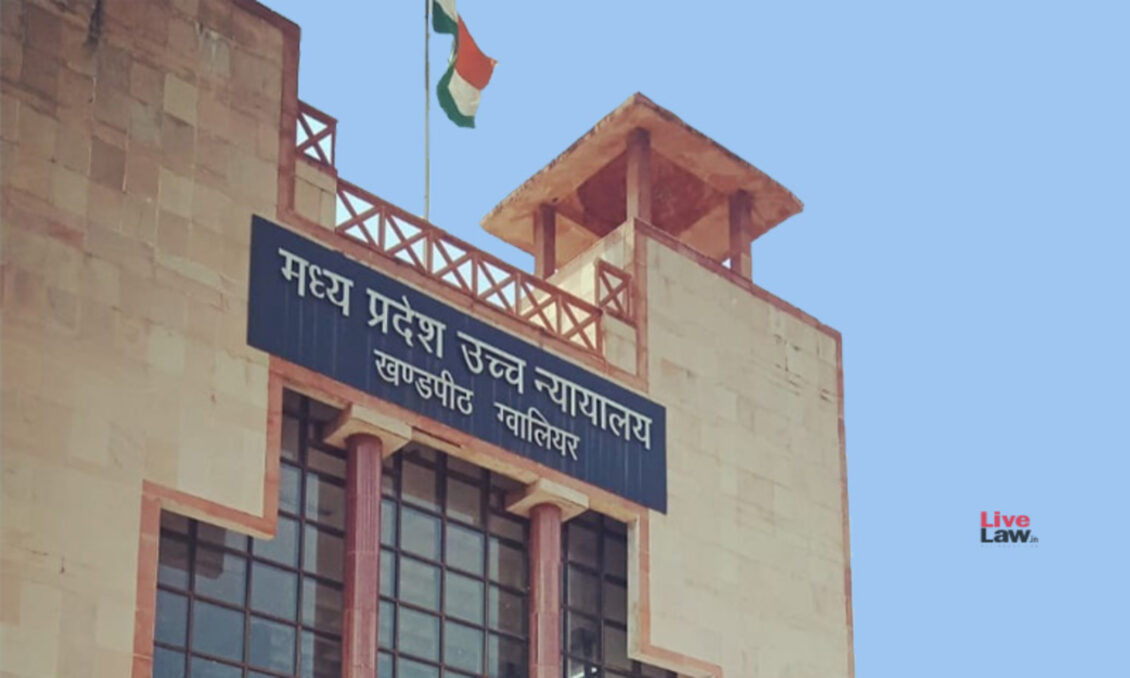MP High Court recently gained attention by dismissing a rape case against a defendant in a notable ruling. The court’s decision was influenced by various factors, such as the delayed filing of the First Information Report (FIR) and the enduring relationship between the accused person and the prosecutrix. Justice Vishal Dhagat, presiding over the case, observed that the earlier FIR filed by the prosecutrix against other men indicated the presence of “some ulterior motives.” This decision has sparked a debate and raised questions about the complexities involved in determining the veracity of rape allegations.

Background
The case before the court involved an accused individual who had filed a plea seeking the quashing of the FIR filed against him under various sections of the Indian Penal Code (IPC), including Section 294, 323, 376(2)(N), and 506. The petitioner’s counsel argued that the prosecutrix was a habitual blackmailer. According to the prosecution, the victim and the petitioner had known each other for four years. The petitioner allegedly developed a friendship with her and subsequently forced her into a rented house in Maheshpur, where he allegedly raped her.

The Prosecution’s Allegations
The prosecution contended that over the course of their relationship, the accused maintained a physical relationship with the prosecutrix and subjected her to threats. It was claimed that he warned her that he would take her life if she refused to engage in a physical relationship with him. The victim allegedly consumed Harpic, a household cleaning product, as a result of the severe harassment she endured.
The Court’s Observations

The High Court carefully examined the facts presented in the case and raised pertinent questions about the evidence provided by the prosecutrix. It noted that the written complaint did not mention any promise of marriage made by the petitioner. It further observed that the prosecutrix’s statement under Section 164 of the Criminal Procedure Code (CrPC) improved her version, introducing the claim that the petitioner had promised to marry her.
The court also took into account the fact that the prosecutrix had filed FIRs against other individuals but later turned hostile in court, leading to their acquittal. These circumstances raised concerns of malafide intentions and blackmail, which were also alleged in the writ petition. The court referred to the precedent set in the case of the State of Haryana and Others v. Bhajanlal and Others, which allows the High Court to intervene if a criminal proceeding is maliciously instituted with an ulterior motive or if it is intended to wreak vengeance on the accused.
Conclusion
The Madhya Pradesh High Court’s decision to quash the rape case against the accused has generated mixed reactions. While some argue that the court may have overlooked crucial evidence, others believe that the ruling reflects the need for a thorough examination of the facts and the potential for ulterior motives in such cases. The complexities surrounding rape allegations demand a delicate balance between protecting the rights of the victim and ensuring justice for the accused.
It is essential to emphasize that this ruling should not discourage victims from coming forward and reporting incidents of sexual assault. Each case must be thoroughly investigated, and judgments should be based on the merits and evidence presented. The court’s decision highlights the need for a robust legal framework that allows for fair trials, while also safeguarding against false accusations and ensuring justice for all parties involved.
The outcome of this particular case serves as a reminder that the criminal justice system must strive to strike a balance between protecting victims and ensuring the presumption of innocence for the accused. It also underscores the importance of addressing the broader societal issues surrounding sexual assault, such as the power dynamics and the need for comprehensive support systems for survivors.
All in all, the Madhya Pradesh High Court’s decision to quash the rape case against the accused has sparked debates and raised important questions about the complexities involved in determining the truth behind rape allegations. Society must maintain a fair and just legal system that protects the rights of both victims and the accused, while also addressing the larger issues surrounding sexual assault.













